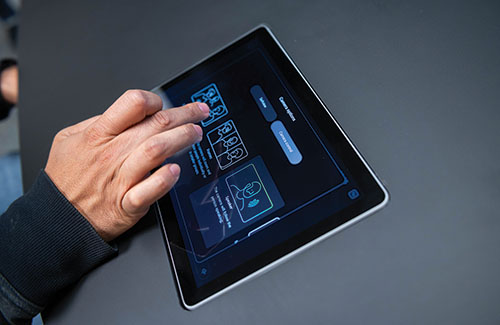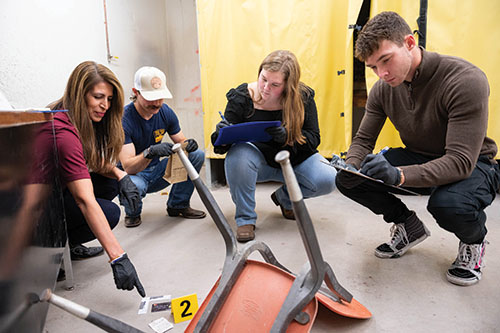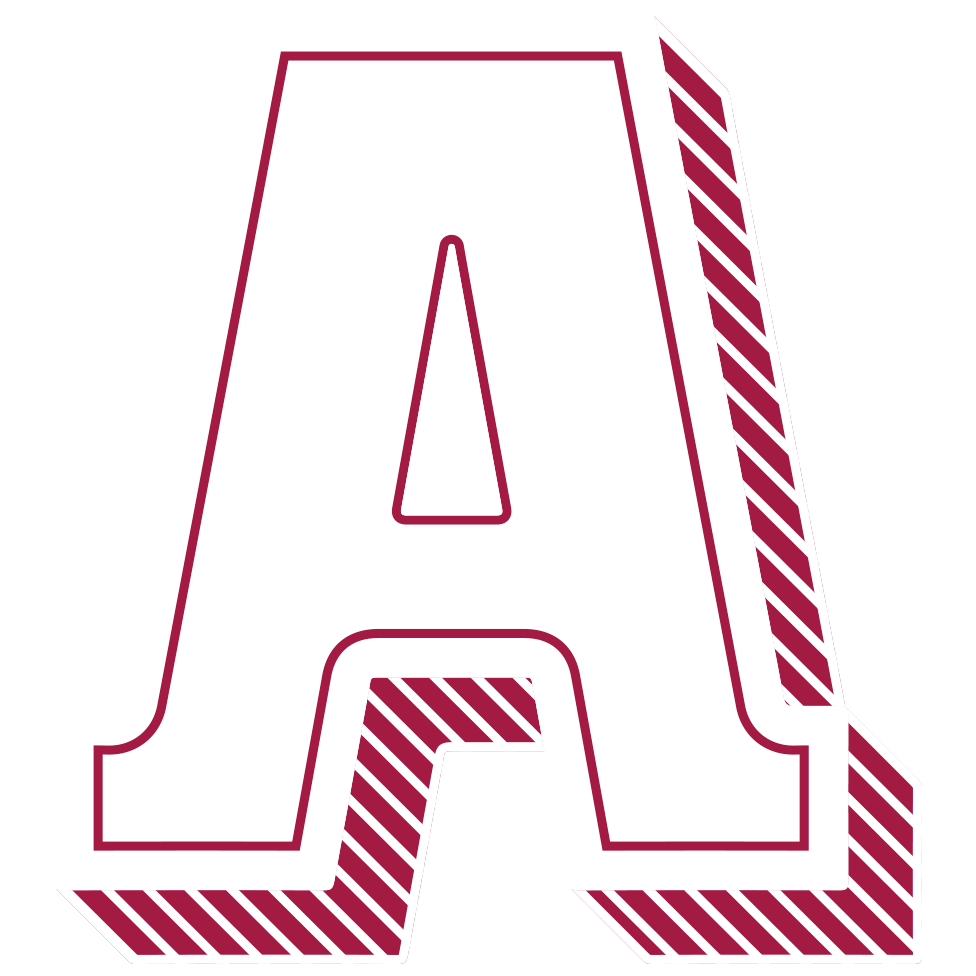NMSU Global Campus is quickly fostering a reputation for being ahead of technology that will one day change how students learn, both online and in person.
In fall 2023, NMSU Global partnered with Meta Platforms, Inc. – better known as the tech company behind Facebook and Instagram – to explore how immersive technology can best shape student learning. Also in fall 2023, NMSU Global began beta testing hologram technology being developed by Cisco, becoming one of the only higher education institutions that get to test the technology.
“It’s interesting to me that with us being a land-grant university, we’re doing things that have never been done before,” says Robbie Grant ’02 ’03, Metaverse administrator and microlearning administrator for NMSU Global. “You usually see this being done at bigger schools, but this is kind of unique when it comes to a school our size and at a land-grant institution.”
NMSU’s partnership with Meta will help provide more virtual reality headsets to students. So far, the number of headsets available to classes is limited due to costs, but Grant says NMSU Global is exploring ways to help make a larger number of headsets available. NMSU was chosen because of its ability to remain at the forefront of incorporating technology in the classroom, such as using virtual reality in a criminal forensics course taught by Ida D’Antonio-Hangen ’18, criminal justice college assistant professor.
“In my face-to-face classes, there’s hands-on practicums where students learn the do’s and don’ts of collecting evidence and processing crime scenes, such as how to pick up fingerprints, collect blood samples, and work in teams to process a mock crime scene,” says D’Antonio-Hangen, a former FBI special agent. “In an online class, this is difficult to replicate. When I first saw the use of VR used in Meta University, I thought we have to have this here at NMSU.”
In the very near future, students taking online courses will have the additional advantage of getting to sit next to their classmates and interact with them as if they were in the same room, thanks to Cisco’s hologram technology.
“The idea is for them to give us the opportunity to play around with it and see if there’s a market for it, and give them an opportunity to make some updates to the application,” says Andrew Sedillo ’11 ’13, director of microcredentials instructional design for NMSU Global Campus.
Sedillo is part of the NMSU team that oversees the beta testing on campus. Others in the team include Grant; Beth Apodaca ’21, director of instructional design; and David Chavez ’07, digital learning multimedia specialist.
The NMSU Global team reached out to Cisco upon learning about the company’s beta testing of their Webex Hologram. Apodaca, Grant and Sedillo then traveled to Cisco’s research and development center in Oslo, Norway, to meet with them and learn about the technology, which utilizes headsets and other equipment.
“When they thought of this technology, they were looking at solutions for virtual meetings, so coming to a higher ed institution is unique for them,” Apodaca says. “We got to see the passion that they have for these machines, and they know every centimeter.”
The hologram testing site at NMSU is located inside Milton Hall, where students and faculty get the opportunity to don a pair of goggles and manipulate the 3D models.
“When the instructors finish the demo, they’re excited to see how this will work in their college,” Chavez says. “They get to see the holograms from other students. It’s a neat experience.”
Sedillo says although the hologram technology is still out of reach for many educational institutions because of its steep price, he’s excited to see how fast it evolves and how quickly it will catch on.
“When this technology is blowing up in the future, our names will be part of the whole feedback process,” Sedillo says. “It’s neat to be able to beta test all of this technology.”

David Chavez, NMSU digital learning multimedia specialist, demonstrates the Cisco hologram technology NMSU is beta testing for the company. The new technology has the potential to change how students and faculty in online classes interact.


Ida D'Antonio-Hangen, far left, criminal justice college assistant professor, works with students in her mock crime scene lab in the basement of Breland Hall. D'Antonio-Hangen has worked with the team at NMSU Global Campus to create a virtual version of her criminal forensics course for online students.

Dove Hall, Room 212
305 N. Horseshoe Drive
Las Cruces, NM 88003